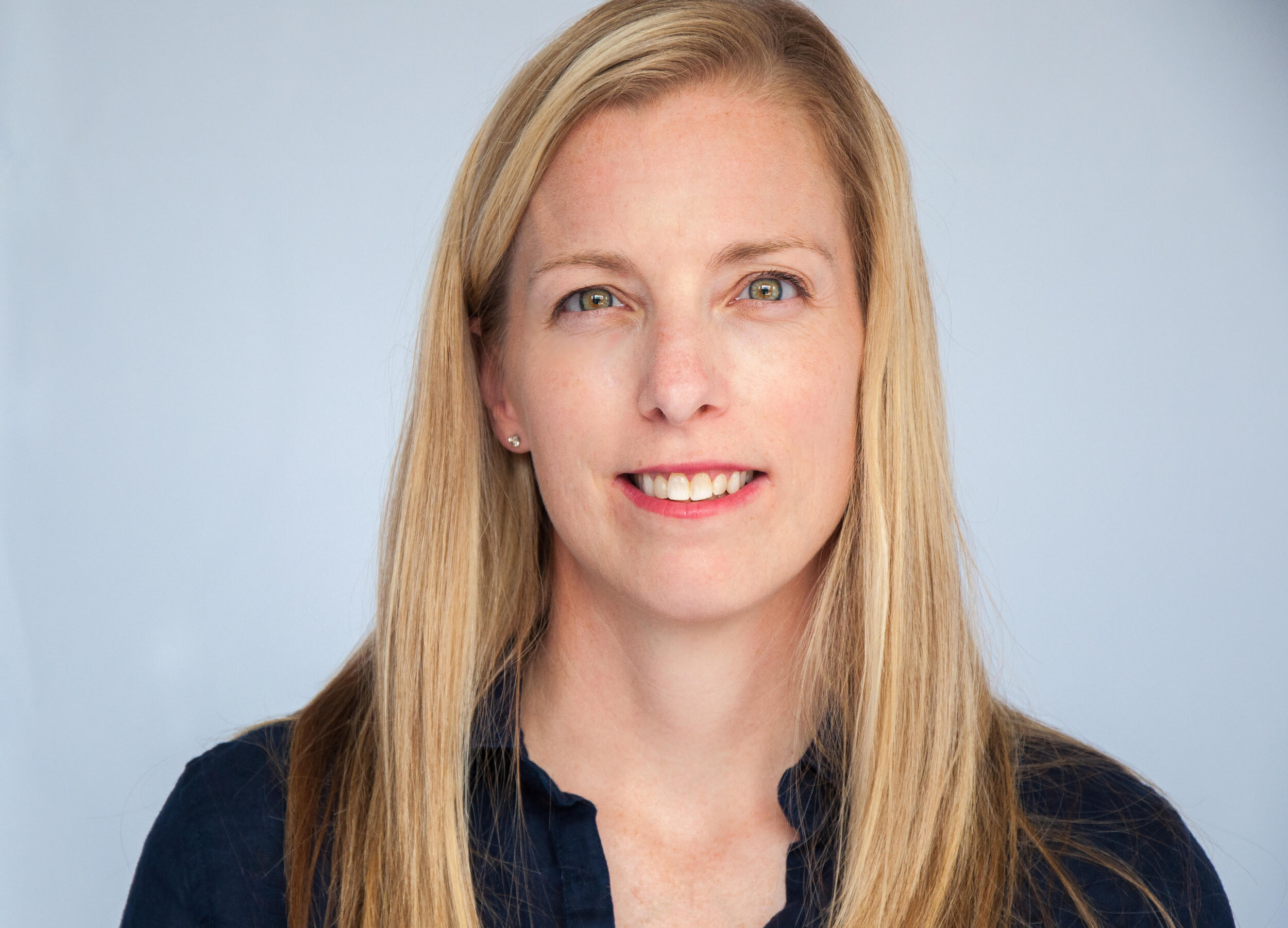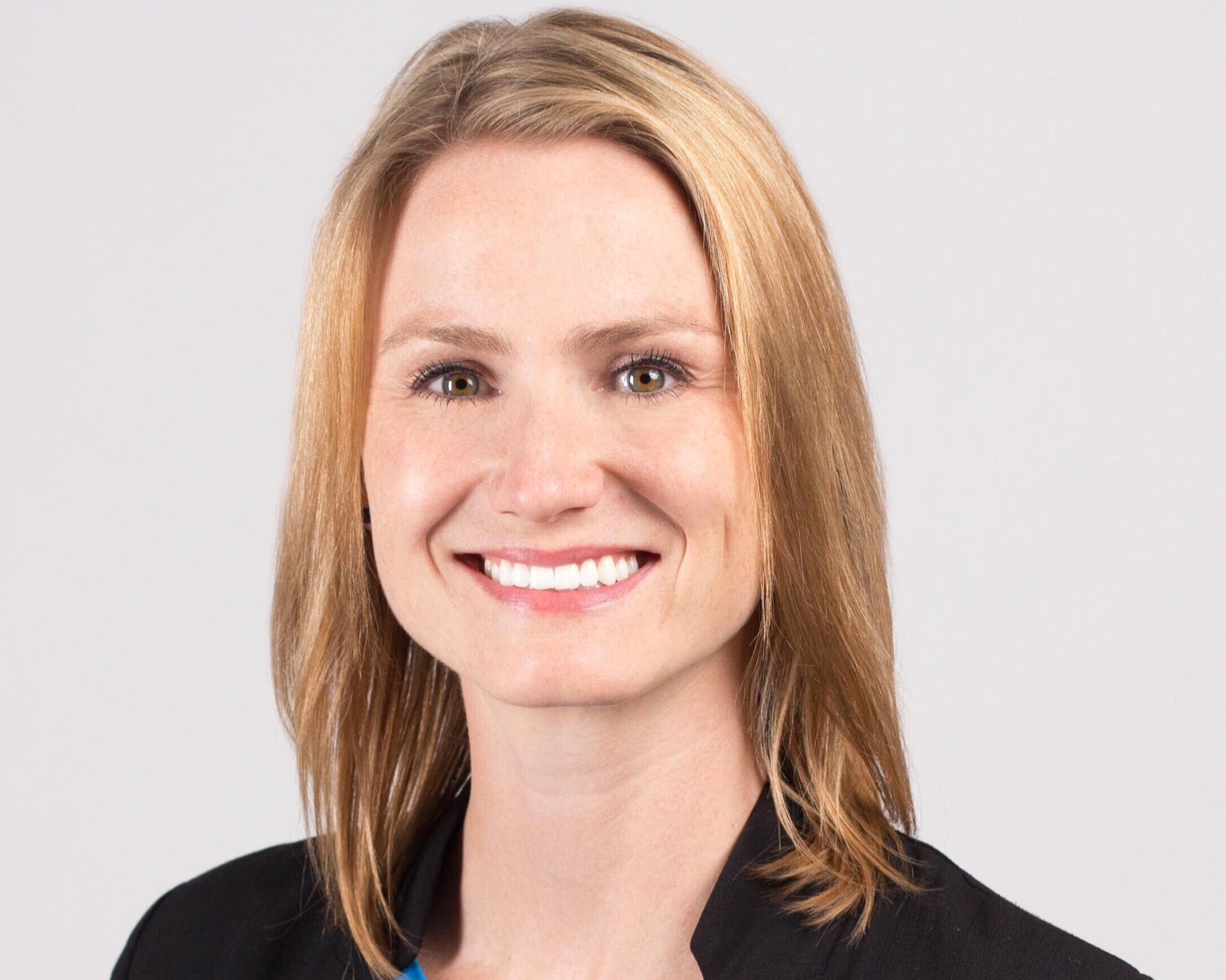The Positives & Negatives of Screen Time During a Pandemic
We’ve all been there. Exhausted. Busy. Hungry. Bored. You name it—we turn the [insert electronic here] on. (Warning: The mom/parent guilt around this can be strong.)
But what are the actual, science-based facts on screen time…and too much of it? And how does remote learning and the continued stress of the pandemic factor in? Our panel of guest experts: Dr. Jonathan S. Comer, Dr. Sheri Madigan, and Dr. Brae Ann McArthur joined the conversation to explain the fact-based pluses and minuses of screen time to increase our knowledge on this hot topic.
Table of Contents
Key Moments
(1:50) Why did we want to have this conversation?
(3:25) Introduction to our panelists: Dr. Jonathan S. Comer, Dr. Sheri Madigan, Dr. Brae Ann McArthur
(5:07) Honoring Dr. Bethany Reeb Sutherland (August 15, 1978 - November 14, 2020)
Contribute to the Bethany Sutherland Psychology Graduate Student Hardship Fund
Support Dr. Sutherland’s children
(7:43) Panelist backgrounds and general observations about screen time for kids during the COVID-19 pandemic
(12:00) Let’s talk about screen time and quantity - how much is too much?
(16:40) How do we think about screen time perhaps differently when it comes to virtual schooling?
(18:24) We’ve been discussing the importance of quality versus quantity when it comes to screen time. How do we tailor screen time to be more “meaningful”?
(23:57) How do recommendations for screen time differ for older children and teenagers?
(25:05) Engaging with older children and teenagers to create a family media plan together.
(30:00) Advice for caregivers in reading and analyzing news headlines about screen time.
(35:16) People have generally been focused on the potential negatives of screen time….but what has the research shown in terms of the potential benefits?
(40:45) The benefits of technology for providing mental health services to children and families.
(43:40) Jon, you have looked extensively at children’s exposure to media coverage on other disasters like the Boston Marathon bombing and how it relates to their adjustment...how do you see this playing out when it comes to COVID-19 and such an extended disaster?
(47:05) How can parents and caregivers set screen time limits...does a punitive approach work best? A timer? Threats? Bribes?
(53:50) What is the one piece of advice you’d give to parents right now regarding screen time?
Reflection Questions
Webinars and resources are all well and good, but having a ton of information is only as helpful as you can do something with it. Take a few moments with yourself, your partner, or others in your circle of support to reflect on the following questions and process the insights and tips that stood out most to you.
What are some ways that you can meaningfully connect - even if briefly - with your children while they are engaged in screen time?
Take a moment to reflect on your own screen time usage. What messages are you sending to your kids, and what behaviors are you modeling for them?
How have your family’s screen time habits changed since the beginning of the COVID-19 pandemic, and what benefits/challenges have you experienced in relation to these changes?
What does your “ideal” family media plan look like? What is the “ideal” version of that plan during the COVID-19 pandemic?
Which piece of advice or recommendation from this webinar resonated with you the most, and why?
Additional Related Resources
From Our Panelists:
Coronavirus: 5 tips for navigating children’s screen time during social distancing by Dr. Brae Ann McArthur and Dr. Sheri Madigan (The Conversation)
Watching smart, avoiding news overload in the time of coronavirus Interview with Dr. Jon Comer (FIU News)
Kids vs. Screens Documentary featuring Dr. Madigan’s research (Streaming on CBC Gem App, only available in Canada)
12 ways to keep your kids safe from sexual encounters online by Dr. Sheri Madigan, Dr. Gina Dimitropoulos, and Nina Anderson (The Conversation)
One in Seven Teens are ‘Sexting’ Says New Research by Dr. Sheri Madigan and Dr. Jeff Temple (The Conversation)
Device free dinners Interview with Dr. Sheri Madigan (CTV News Calgary)
Determinants of Child Development Lab - Dr. Sheri Madigan’s Lab at The University of Calgary
Boston Bomb Attack Triggered PTSD in Local Kids, Study Finds Interview with Dr. Jon Comer (NBC News)
Mental Health Interventions & Technology (MINT) - Dr. Jon Comer’s Lab at Florida International University
Other Screen Time Resources
Digital Reset: 10 Tips for Families Transitioning out of the Pandemic (Children and Screens: Institute of Digital Media and Child Development)
Create Your Own Family Media Plan (American Academy of Pediatrics)
Media and Children Toolkit (American Academy of Pediatrics)
Family Media Toolkit (Common Sense Media)
Smartphones are bad for some teens, not all by Candice Odgers (Nature)
Panicking About Your Kids’ Phones? New Research Says Don’t by Candice Odgers (The New York Times)
Screen time and young children: Promoting health and development in a digital world (Canadian Academy of Paediatrics)
Meet Our Guests & Moderator
Jonathan S. Comer, Ph.D.
Dr. Comer is a Professor of Psychology and Psychiatry at Florida International University, where he directs the Mental Health Interventions and Technology (MINT) Program. He is Immediate Past President of the Society of Clinical Psychology, and a Fellow of the American Psychological Association.
Dr. Comer's research focuses on pediatric anxiety disorders, traumatic stress disorders, and disruptive behavior disorders. His primary research evaluates mental health treatments and services, with particular emphasis on the development of innovative methods to reduce systematic barriers to effective care. Dr. Comer has conducted extensive research studying the wellbeing of families and psychological adjustment of youth in the context of disasters, terrorism, and other community traumas (e.g., the September 11, 2001 attacks, the 2013 Boston Marathon bombing and manhunt), including the effects of children's exposure to media coverage of these events. He has served as an expert witness and consultant on several court cases related to the impact of disasters on youth, including serving as an expert consultant throughout the federal trial of United States v. Dzhokhar Tsarnaev. Dr. Comer has published over 200 scholarly articles, chapters, and books, and his research has been funded by multiple US federal agencies.
Sheri Madigan, Ph.D., R.Psych
Dr. Madigan is an Associate Professor and Canada Research Chair in Determinants of Child Development at the University of Calgary and the Alberta Children’s Hospital Research Institute. Her research is primarily focused on understanding how early experiences, including exposure to digital technology, can help and/or hinder children’s learning and behavior. She has published 120 peer-reviewed articles describing innovative methods and approaches to understanding determinants of child development. She is the recent recipient of the World Association for Infant Mental Health Early Career Award. Her work has been widely covered in the media, including in The New York Times, TIME, BBC, CNN, The Guardian, Good Morning America and in the documentary, Kids vs Screens.
Brae Anne McArthur, Ph.D.
Dr. Brae Anne McArthur is a postdoctoral research fellow at the University of Calgary. She received her Ph.D. in Clinical Psychology: Applied Developmental Emphasis from the University of Guelph and completed her internship in Clinical Child and Pediatric Psychology at Alberta Children’s Hospital. Dr. McArthur’s program of research focuses on understanding individual and family level risk and resiliency factors that influence child development. Her current work focuses on understanding the impact of screen time on child development, specifically behaviour problems and psychopathology. Her fellowship is funded by the Alberta Children’s Hospital Research Institute (ACHRI).
Natalie Hong, M.S.
Our moderator, Natalie, is a fifth-year doctoral candidate in the Clinical Science in Child and Adolescent Psychology PhD program at Florida International University. Her program of research focuses on optimizing children’s mental health care through innovative treatment redesign. She is particularly interested in developing an evidence-base for informed clinical decision-making for children who exhibit slower or fewer improvements throughout the course of treatment. In her work, Natalie is excited by opportunities to examine the utility of delivering care in naturalistic settings, in intensive doses, and/or with the support of technology.
Pandemic Parenting is a collaboration between two psychologists, scholars, and moms committed to sharing their expertise and research in ways that are immediately accessible and useful to families. Learn more about Dr. Amanda Zelechoski and Dr. Lindsay Malloy.






